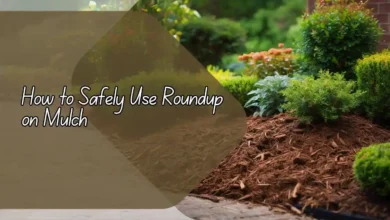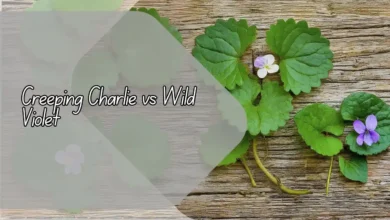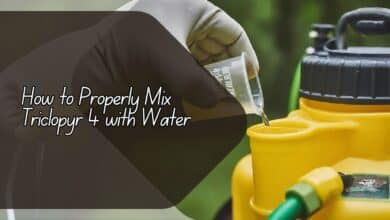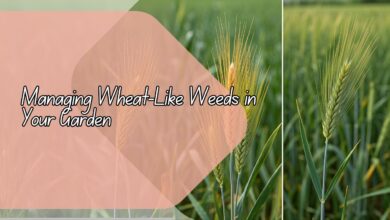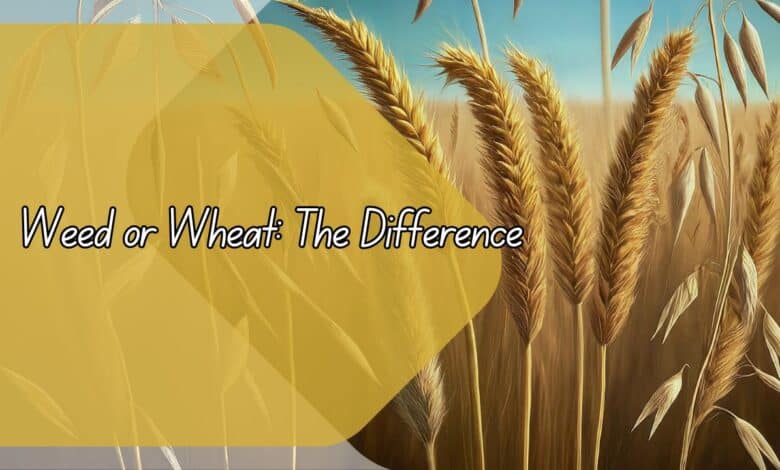
Weed or Wheat: How to Tell the Difference
In this article, we will discuss how to differentiate between weeds and wheat in your garden. We will provide you with simple tips and techniques to help you identify the plants and maintain a healthy garden.
How can you tell if a plant is a weed or wheat?
One key difference between weeds and wheat is their growth pattern. Weeds often grow rapidly and spread quickly, whereas wheat grows in an orderly fashion in rows. Additionally, weeds tend to have a more ragged appearance with irregular leaves, while wheat has uniform and symmetrical leaves.
Another way to differentiate between weeds and wheat is by looking at the roots. Weeds typically have shallow and fibrous roots, making them easy to pull out of the ground. Wheat, on the other hand, has deep and robust roots that anchor the plant firmly in the soil.
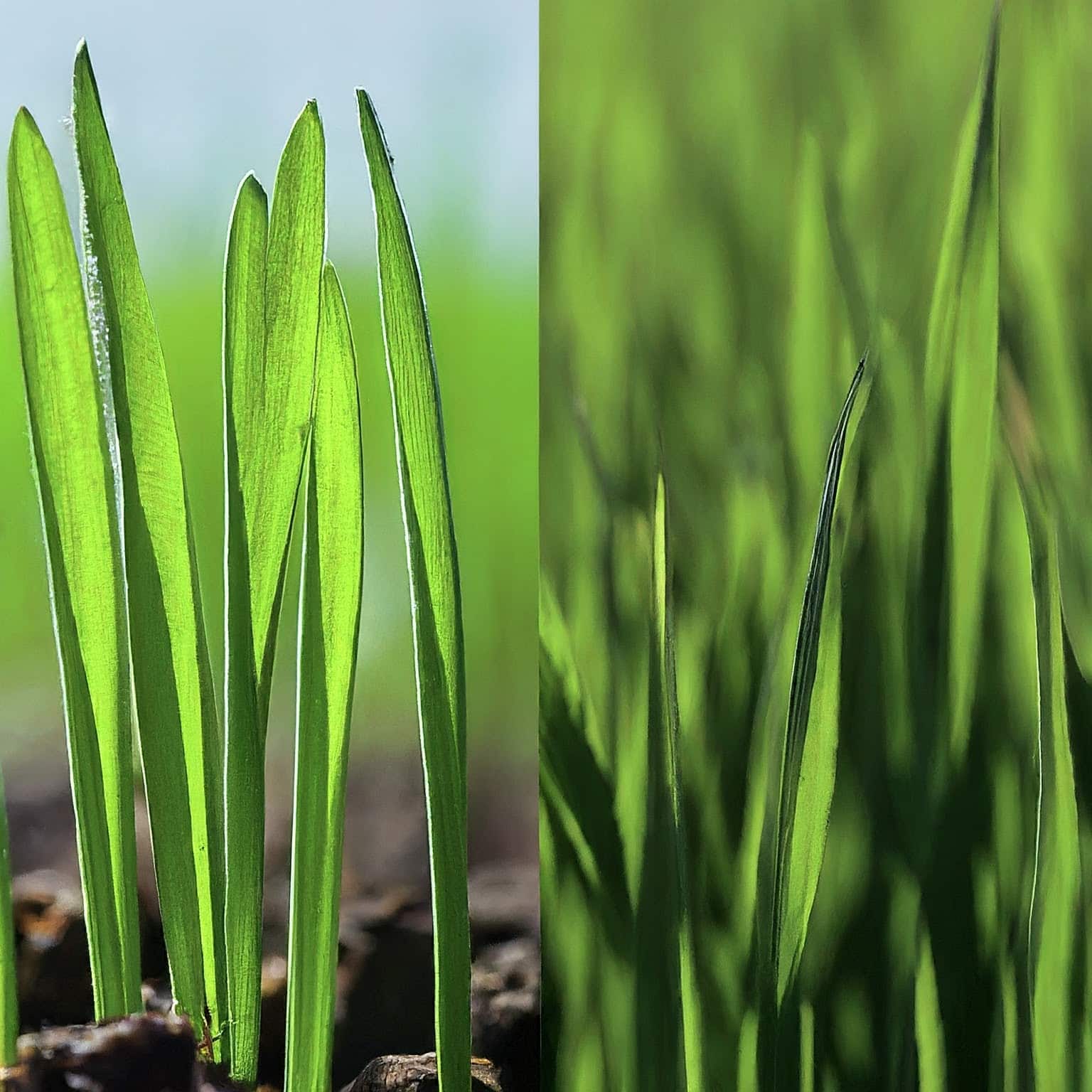
Why is it important to distinguish between weeds and wheat?
Identifying weeds in your garden is essential to maintain the health and productivity of your plants. Weeds compete with crops for nutrients, water, and sunlight, which can hinder the growth of your desired plants. By removing weeds promptly, you can prevent them from taking over your garden and ensure the success of your crops.
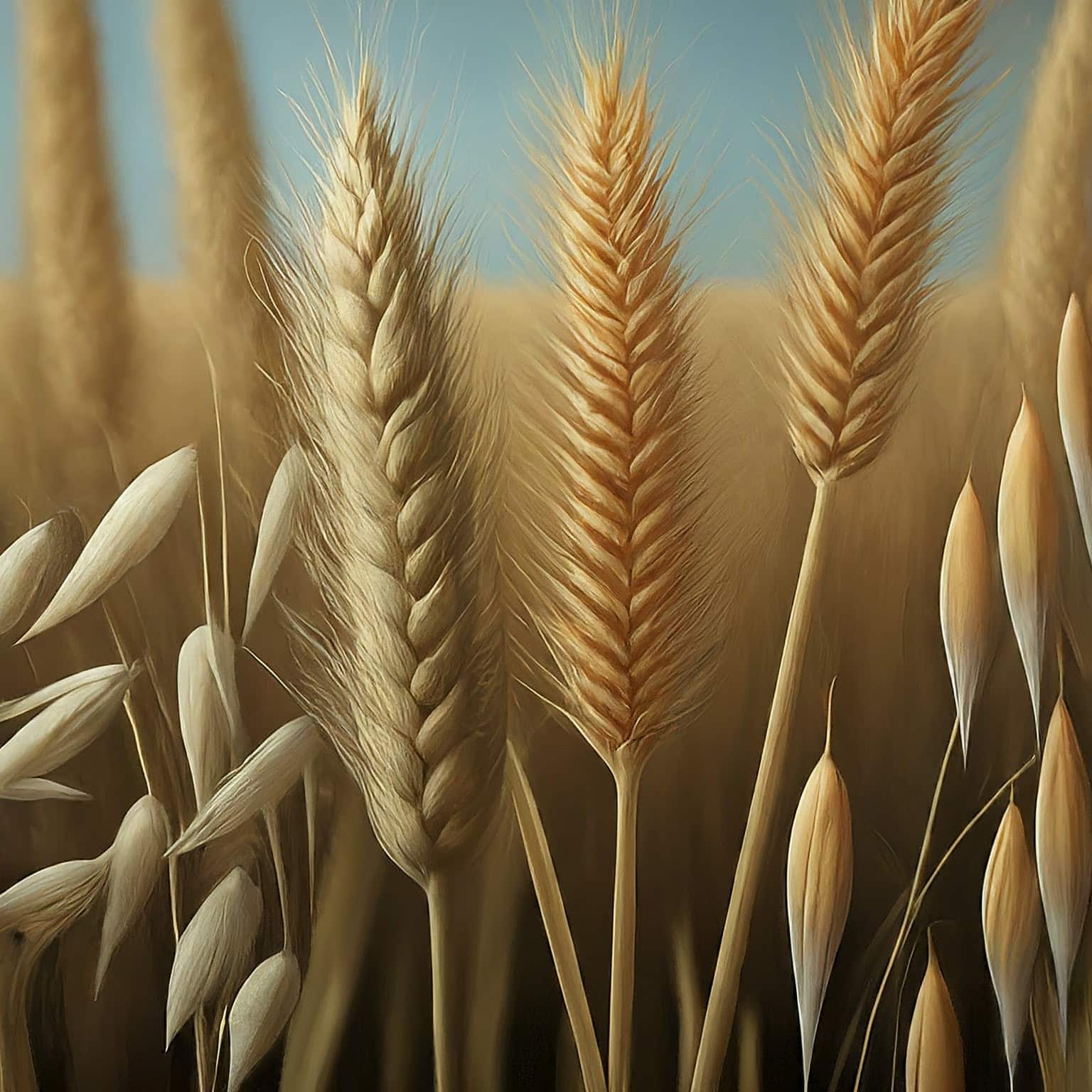
What are some common types of weeds and wheat?
Common weeds that you may encounter in your garden include dandelions, crabgrass, and thistles. These weeds often have invasive tendencies and can quickly overtake an area if left unchecked.
On the other hand, common types of wheat that are grown in gardens include durum wheat, spelled, and einkorn. These wheat varieties are cultivated for their nutritional value and culinary uses.
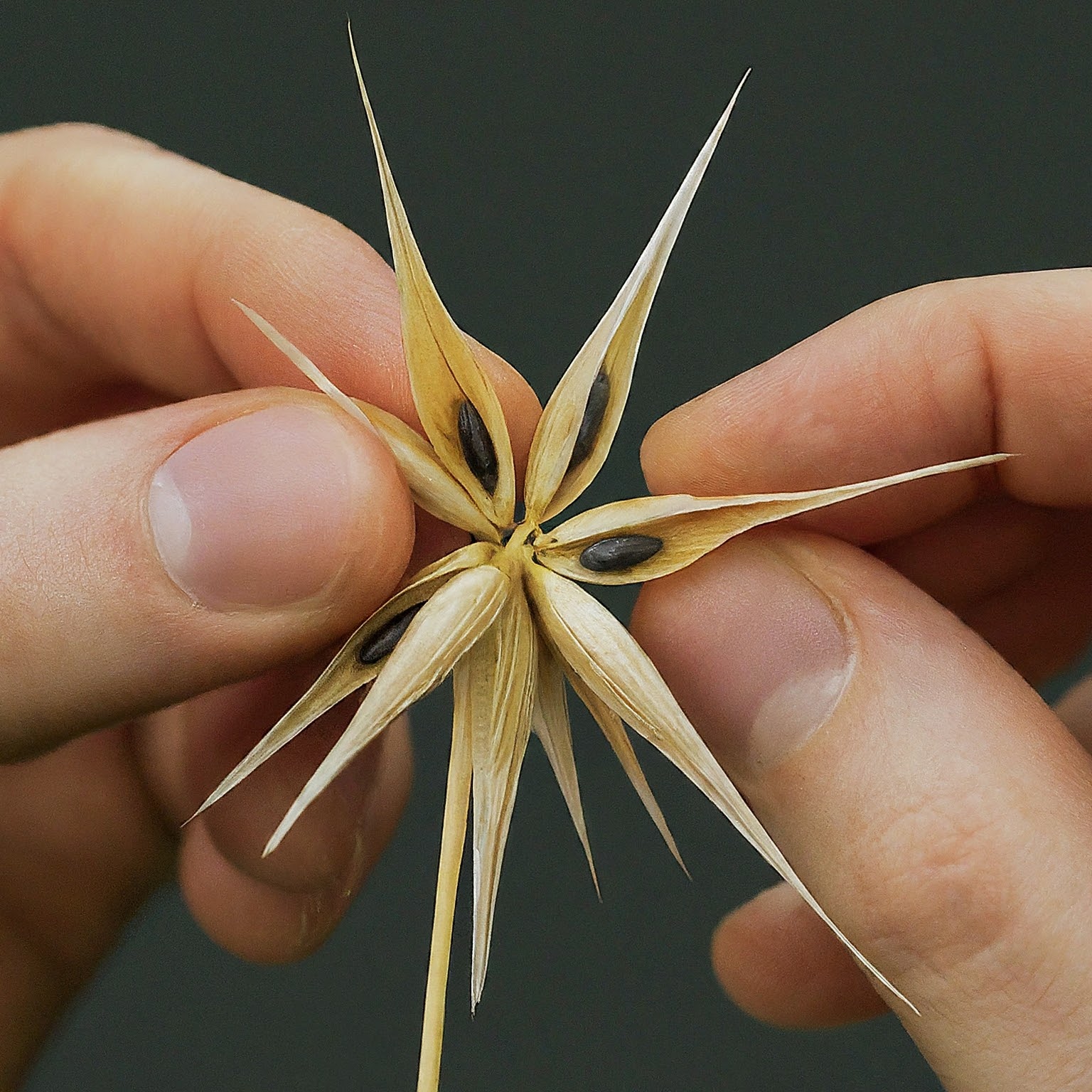
How can you prevent weeds from spreading in your garden?
To prevent weeds from spreading in your garden, it is important to practice good gardening habits. This includes regular weeding, mulching, and proper spacing between plants. Mulching helps to suppress weed growth by blocking sunlight and preventing weed seeds from germinating.
Additionally, maintaining healthy soil with the right balance of nutrients can promote the growth of your desired plants while inhibiting weed growth.
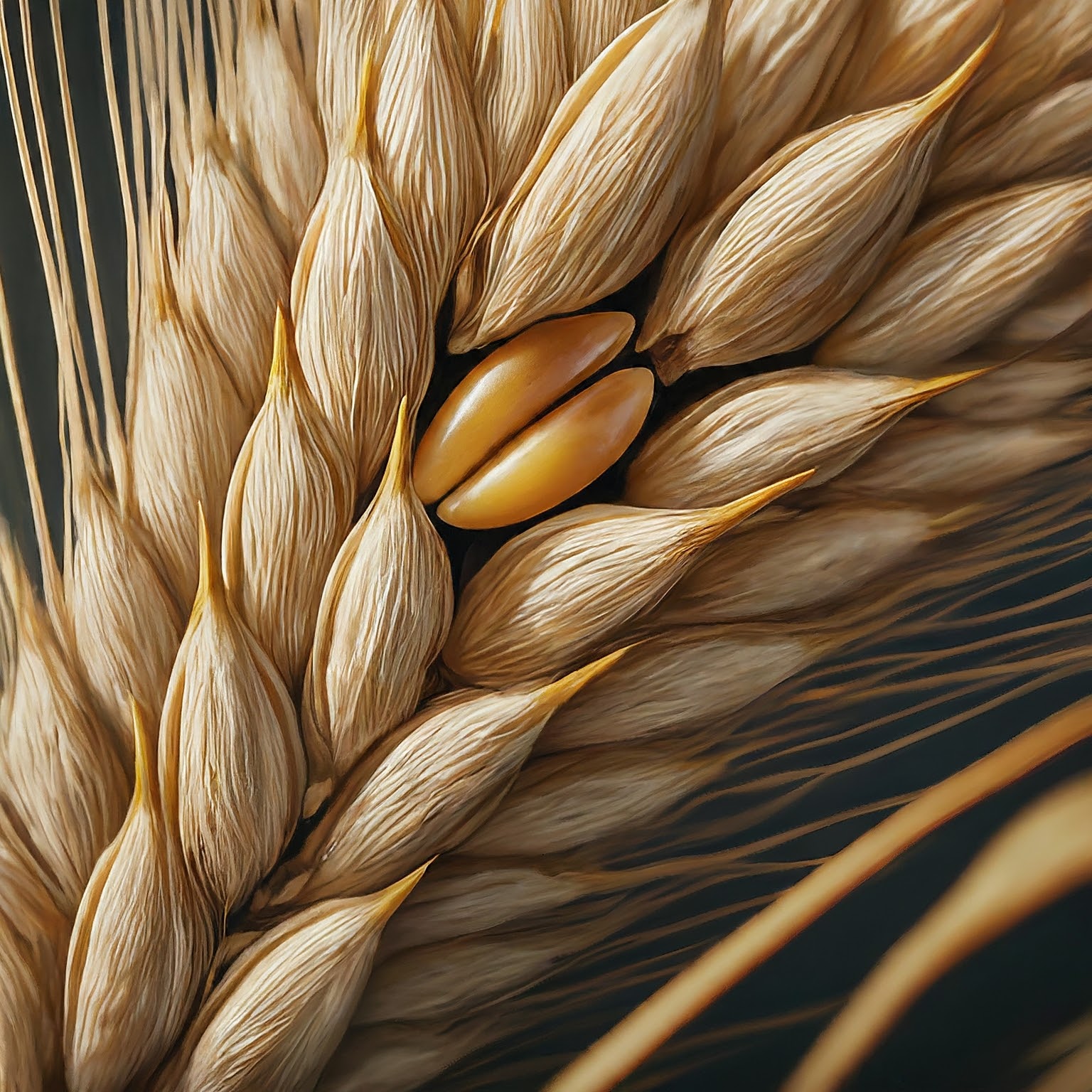
What are some natural methods for controlling weeds in the garden?
There are several natural methods for controlling weeds in the garden without the use of harmful chemicals. One option is hand weeding, which involves manually pulling out weeds from the root. Another method is using mulch, such as straw or wood chips, to cover the soil and prevent weed germination.
Additionally, planting cover crops or using crop rotation can help suppress weed growth and improve soil health.
Conclusion
In conclusion, being able to differentiate between weeds and wheat is crucial for maintaining a healthy garden. By implementing proper weed control methods and practicing good gardening habits, you can ensure the success of your crops and enjoy a thriving garden.
Remember to stay vigilant and proactive in managing weeds to protect the health and productivity of your plants.
FAQs
How do weeds compete with crops?
Weeds compete with crops for nutrients, water, and sunlight, which can hinder the growth of desired plants. They can also shade out crops and disrupt the ecosystem balance in the garden.
Are all weeds harmful to gardens?
Not all weeds are harmful, as some may have beneficial properties like attracting pollinators or improving soil health. However, it is essential to manage weed populations to prevent them from overpowering desired plants.
Can wheat be considered a weed in certain contexts?
In some cases, wheat may become a weed if it begins to grow uncontrollably and compete with other crops. It is important to monitor wheat growth and maintain proper spacing to prevent it from becoming invasive.
Should I use chemical herbicides to control weeds?
While chemical herbicides can be effective in weed control, they may also harm beneficial organisms and the environment. It is recommended to explore natural weed control methods before resorting to chemical solutions.
How often should I inspect my garden for weeds?
Regular inspection of your garden for weeds is recommended, especially during peak growing seasons. By detecting and removing weeds early on, you can prevent them from spreading and creating a nuisance in your garden.




